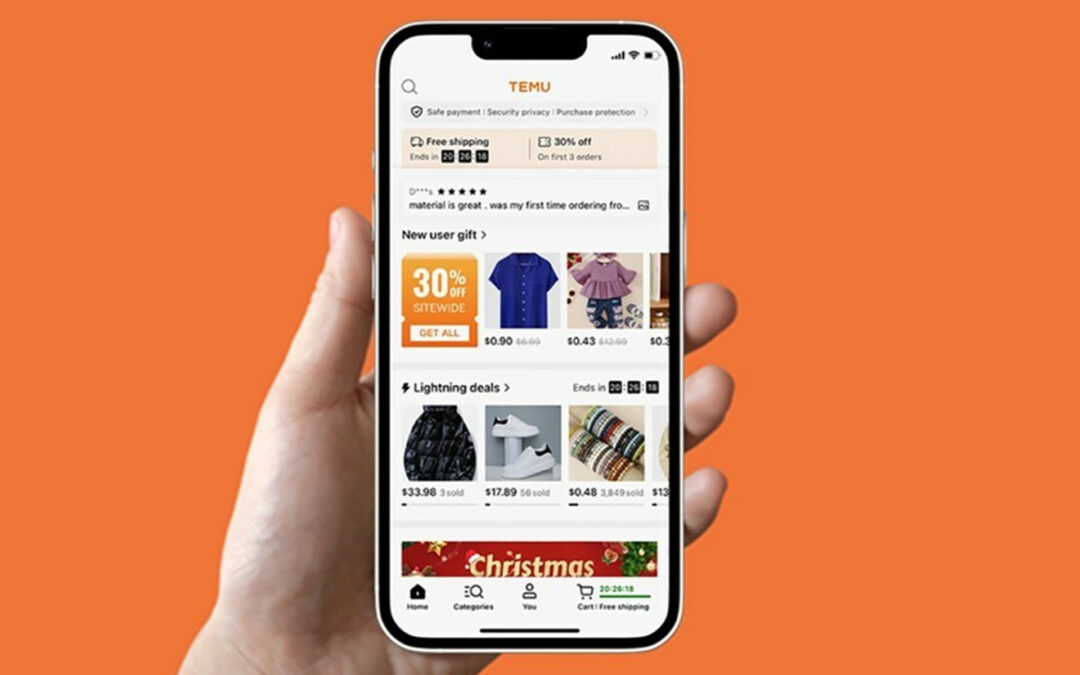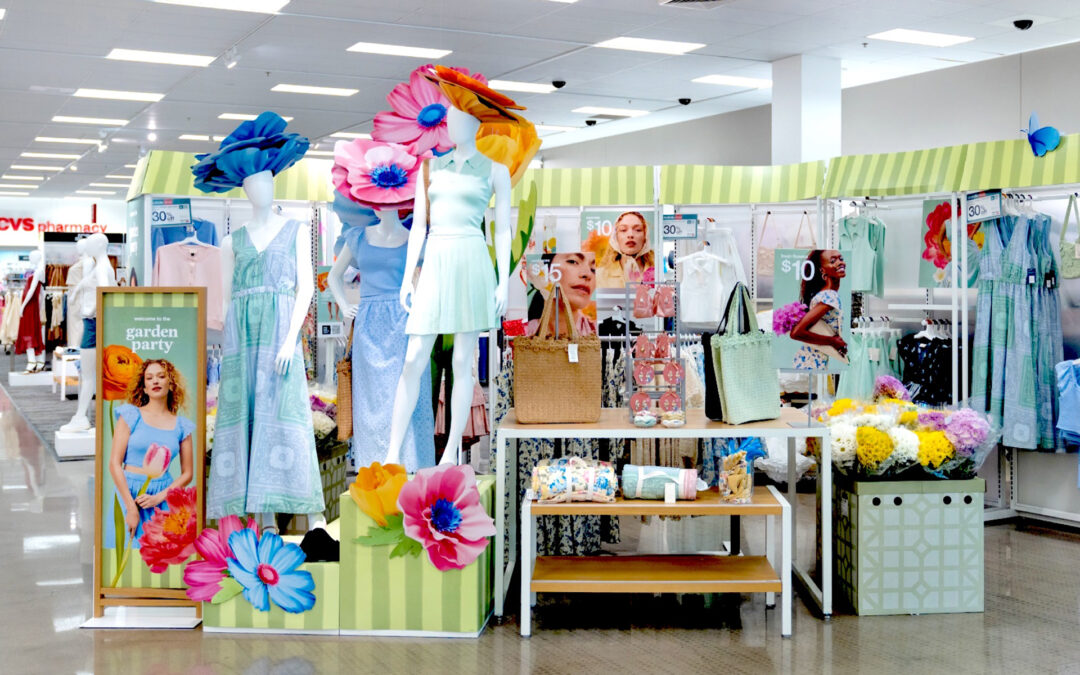According to Placer.ai, catering to the tastes and preferences of young shoppers is a strategy that has proven particularly important for leading retailers in the beauty sector.
In recent years, the traffic tracker and market researcher noted, Gen-Z has become a major driver of the beauty segment’s growth. However, as they have grown up online, with many coming of age at the height of the pandemic, members of the demographic tend to view beauty differently than their parents did. The Gen Z approach to beauty centers on ideas about self-care, self-expression, body positivity and inclusivity rather than abstract beauty ideals. Many Gen-Zers place a growing emphasis on social issues, embracing products that are cruelty-free, eco-friendly and produced by companies with ethical manufacturing practices.
In addition, younger consumers are more likely to research a product’s specific ingredients for those they regard as positive or negative. Many also follow favorite influencers on social media, with TikTok being a source for information on self-care and beauty, and are less brand loyal than older generations.
The beauty business is paying attention to younger consumers and their preferences. Retailers are stocking brands likely to have Gen-Z appeal and embracing influencer marketing, Placer.ai maintained. In August 2022, Ulta Beauty launched a marketing campaign designed to celebrate individuality, resilience, strength, and beautiful possibilities for everyone. It also promoted the concept of “conscious beauty,” emphasizing transparency, clean ingredients and brands that positively impact communities and the global environment, Placer.ai pointed out.
On a similar tack, Sephora expanded its Clean at Sephora program in 2021, highlighting a growing list of Clean + Planet Positive products. Online, the company affirmed its commitment to judgment-free beauty that exists for all skin types, colors, ages and genders.
The attention paid to younger consumers seems to be paying off. In an analysis of areas where their banner stores trade, combining foot traffic and census data, Placer.ai determined that Ulta’s share of Gen-Z consumers grew from 14.8% in the third quarter of 2019 to 16.3% in the 2022 period while that of Sephora increased from 13.7% in the 2019 third quarter to 15.5% in the 2022 period.





